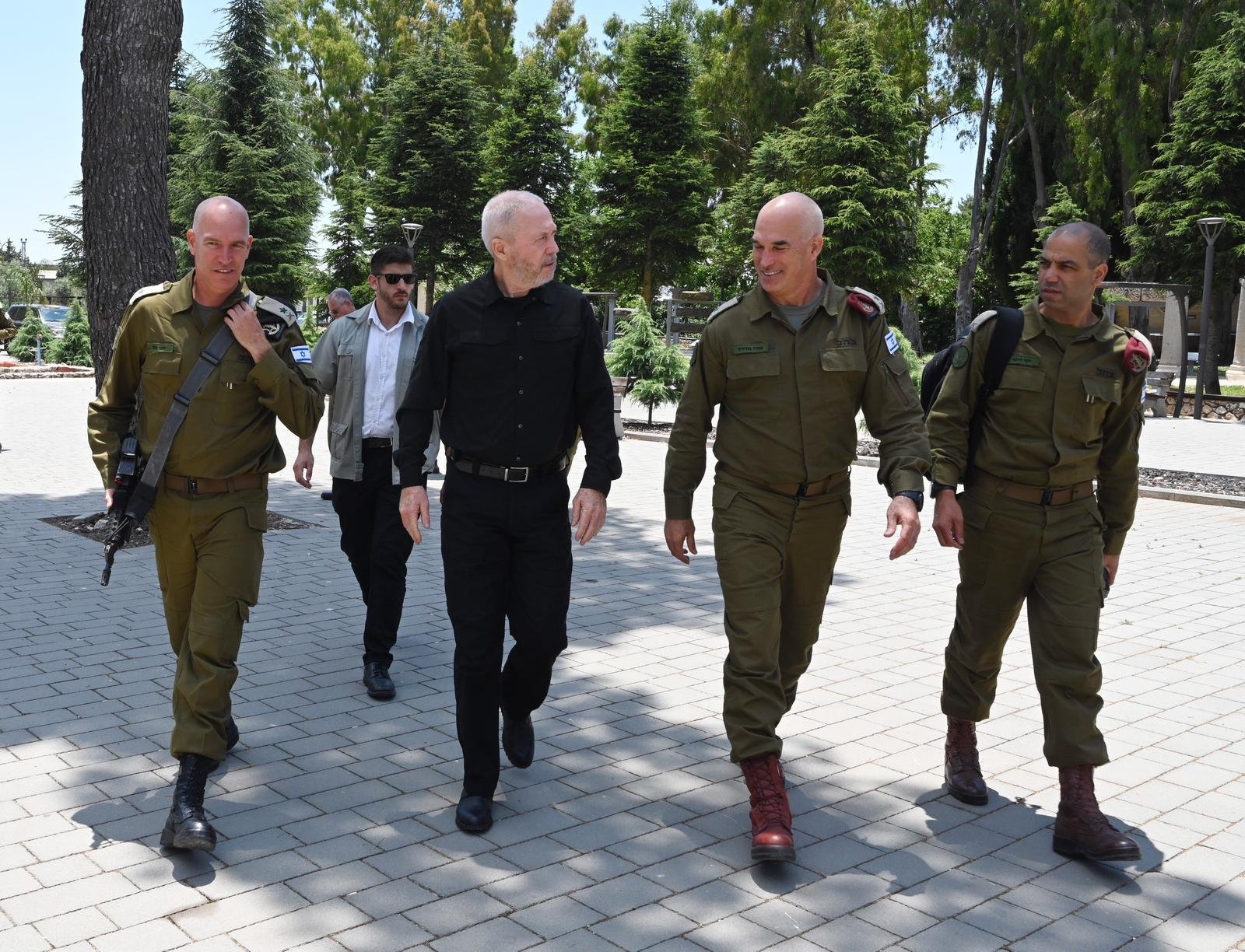Former Israeli Defense Minister Yoav Gallant is set to visit the United States less than a week after the International Criminal Court (ICC) issued an arrest warrant against him.
Israeli Minister Yoav Gallant to Visit the U.S. Amid ICC Arrest Warrant Former Israeli Defense Minister Yoav Gallant is set to visit the United States less than a week after the International Criminal Court (ICC) issued an arrest warrant against him. The Israeli news outlet Ynet News reported on Monday (November 25) that Gallant will travel to Washington on Sunday to hold discussions with senior officials from the White House and the U.S. State Department.
Former Israeli Defense Minister Yoav Gallant is set to visit the United States less than a week after the International Criminal Court (ICC) issued an arrest warrant against him.
Israeli Minister Yoav Gallant to Visit the U.S. Amid ICC Arrest Warrant
Former Israeli Defense Minister Yoav Gallant is set to visit the United States less than a week after the International Criminal Court (ICC) issued an arrest warrant against him. The Israeli news outlet Ynet News reported on Monday (November 25) that Gallant will travel to Washington on Sunday to hold discussions with senior officials from the White House and the U.S. State Department.
This marks Gallant's first international trip since the ICC warrant was issued. Last Wednesday, ICC judges ruled that Israeli Prime Minister Benjamin Netanyahu and Yoav Gallant used starvation as a weapon of war in Gaza by forcibly blocking food supplies. The court also accused them of committing crimes against humanity, including murder, persecution, and other inhumane acts.
The United States has rejected the ICC’s ruling, questioning the court's legitimacy. While the U.S. was instrumental in negotiating the Rome Statute, which established the ICC in 1998, it has never ratified the treaty. Consequently, the U.S. is not obligated to comply with ICC warrants, allowing Gallant to visit without risk of arrest.
In 2000, under President Bill Clinton, the U.S. signed the Rome Statute but never ratified it. President George W. Bush formally withdrew the U.S. signature in 2002, citing concerns over potential ICC prosecutions of American citizens, particularly military personnel and officials, for actions taken in conflicts such as those in Iraq and Afghanistan.
Although the U.S. has not joined the ICC, it has cooperated with the court on specific investigations, such as those related to war crimes in Sudan and Libya. However, this cooperation does not signify formal recognition or membership in the court.
Gallant’s upcoming trip highlights the complex interplay between international justice and geopolitical interests, particularly as the U.S. continues to shield its allies from ICC actions while questioning the court's authority.










